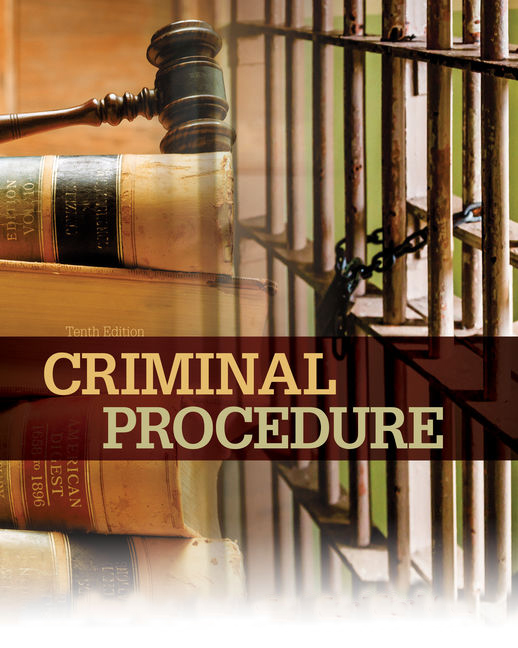State does not fall within the definition of “person under erroneous belief” as per section 401(5) Cr.P.C: High Court of Delhi
Section 401(5) Cr.P.C provides that when an appeal lies but an application for revision has been made to the High Court by any person and the High Court is satisfied that such application was made under the erroneous belief that no appeal lies thereto and that it is necessary in the interests of justice so to do, the High Court may treat the application for revision as a petition of appeal and deal with the same accordingly. The word person has not been defined in the Cr. P.C but has been defined in Section 11 of the Indian Penal Code. Section 401(5) Cr. P.C cannot apply to the State. It cannot be stated/argued that the State was under the erroneous belief that no appeal would lie from the order passed by the Sessions Court. This was held in STATE, GNCT DELHI v. YOGESH KOCHAR @ BABLOO. [CRL.REV.P. 12/2018] in the High Court of Delhi by a single bench consisting of JUSTICE SUBRAMONIUM PRASAD.
Facts are that the prosecution alleges the accused/respondent herein beat up the complainant, one Sandeep Dutta, and caused grievous hurt to him and had also caused damage to his Maruti car. Fir was registered for offenses under Sections 325 & 427 IPC. The petition under Section 397/401 Cr. P.C is directed against the order passed by the Additional Session Judge/acquitting the accused herein and setting aside the judgment of conviction.
The court questioned the maintainability of the revision petition filed by the prosecutor on the direction of the State.
The court made reference to the judgment of Apex court in Subhash Chand v. State (Delhi Admn.), wherein it was observed that “Section 378(1)(b) uses the words “in any case” but leaves out orders of acquittal passed by a Magistrate in respect of a cognizable and non-bailable offence from the control of the State Government. Therefore, in all other cases where orders of acquittal are passed appeals can be filed by the Public Prosecutor as directed by the State Government to the High Court”.
The court also made reference to para 19 of the Apex court decision in the case of Subhash Chand (Supra)., wherein it is stated that “Neither the District Magistrate nor the State Government can appeal against that order of acquittal. The idea appears to be to accord quietus to the case in such a situation”.
Considering the facts of the case and the legal precedents, the court observed that the judgment of the Sessions Court and the grounds raised in the revision petition does not persuade the Court to call for the records of this case for further examination. The Sessions Court after looking into the material on record has acquitted the respondent herein and as stated earlier it cannot be said that the findings and reasoning of the Appellate Court are perverse. Thus dismissing the revision petition.

